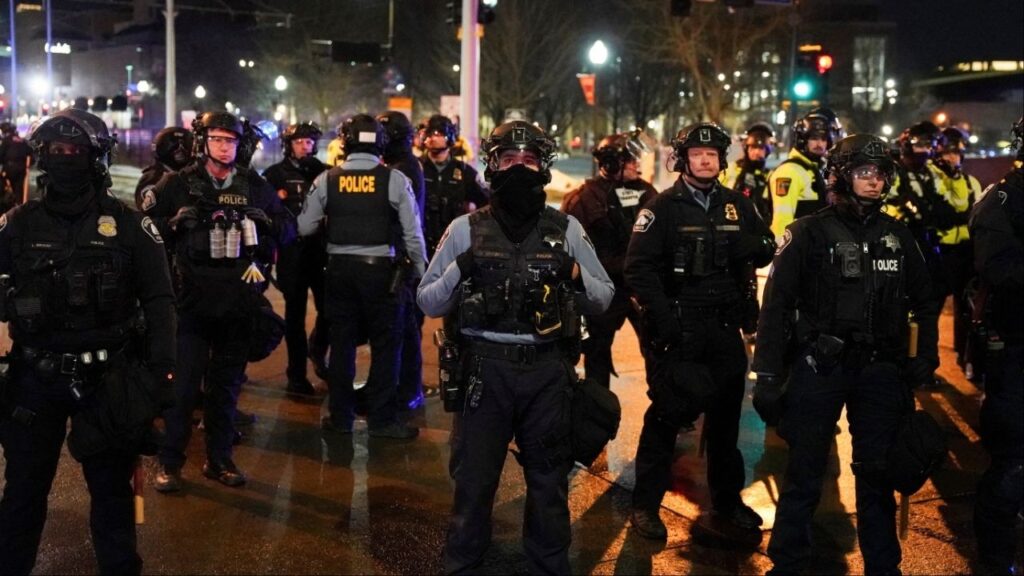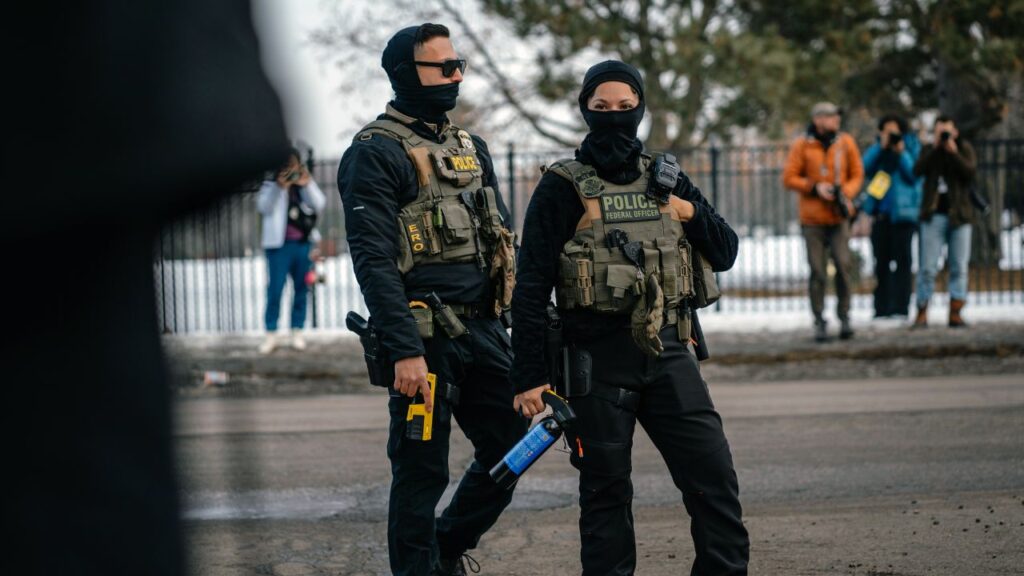Share
Mayor Lee Brand publicly released his plan for a Citizen’s Public Safety Advisory Board on Friday (March 10) afternoon. It is a fulfillment of a promise that Brand made consistently in his 2016 campaign for leader of Fresno. However, a the public will have no right to monitor a board that is supposed to enhance trust. There is also no guarantee that any of the board’s findings or recommendations will be released to the public.
Public safety was a theme of the mayoral race. Brand pledged to hire 200 more cops to bring the ranks up to 1,000. He advocated for community-based policing. He also strongly pitched creating a citizen’s board, which has come to fruition.
Brand, in essence, has already created the task force. He does not need approval from city council. He will ask for their support in the form of a resolution at the March 16 council meeting. GV Wire informally asked some of the council their thoughts. At least one member vowed support while another vowed opposition.
This board is different from the already existing Chief’s Advisory Board and the Youth Advisory Council. Per a police spokesman: “Both of those boards are still in effect, and have proven to be very beneficial to our department.
The goal of the board is to “enhance trust, accountability and transparency and promote higher standards of services in the Fresno Police Department” (Article I, Section 2). The board will be made up of nine members, picked exclusively by the mayor.
Brand hopes to have racial, social and economic diversity on the board, yet the only actual requirements listed are members have to be 18 years old and live in the city of Fresno (Article II, Section 1). There is also a provision that members “should” be registered voters, but it does not say if they need to be.
The bylaws do not spell out if there is an application process, how the mayor will ensure a diverse board or even publicly naming who is on the board.
The duties of the board (Article I, Section 3):
-Advise the Office of Independent Review to help craft community-based Policing.
-Develop metrics to measure the success of community-based Policing
-Receive reports from the OIR about conflicts between police and the public as well as any officer involved shooting (OIS), or use of excessive force
-Review police procedures and practices and make recommendations to the OIR
-Review critical incidents and report to the OIR
-Prepare quarterly reports for the OIR
There will also be a five-person non-voting advisory group, made up of one Police Chief representative, one form the police union, one from the District Attorney’s office, one from the mayor’s staff and one from the OIR.
Members will serve for four years, but can be terminated at any time for any reason by the mayor (Article II, section 2, 3). The board will meet once a month at City Hall.
However, the public is barred from Brand’s plan. Article IV, section 1 reads, in part:
All meetings shall be closed to the public and shall not be subject to the provisions of the Ralph M. Brown Act.
Brand is quoted in the Fresno Bee: “If these are public meetings, based on what I’ve seen in eight years (as a councilman) there’s a lot of emotions around this issue; it’s really hard to get something done above all the anger and screaming,” Brand said. “So I make the selections. I’ll appoint the chair and vice chair.”
Similarly, the Act does not apply to multi-member bodies which are created by an individual decision maker.
GV Wire asked the mayor’s office for further comment. When they make one, this story will be updated.
The Board will commence by June 30, 2017 and has a sunset provision of December 10, 2020 (Article VIII).
Contact David Taub
Phone: 559-492-4037 / e-mail
RELATED TOPICS:
Categories

US Inflation Eased at Start of the Year

MAGA vs MAGA: Georgia Election Exposes Divisions in Trump’s Base

















